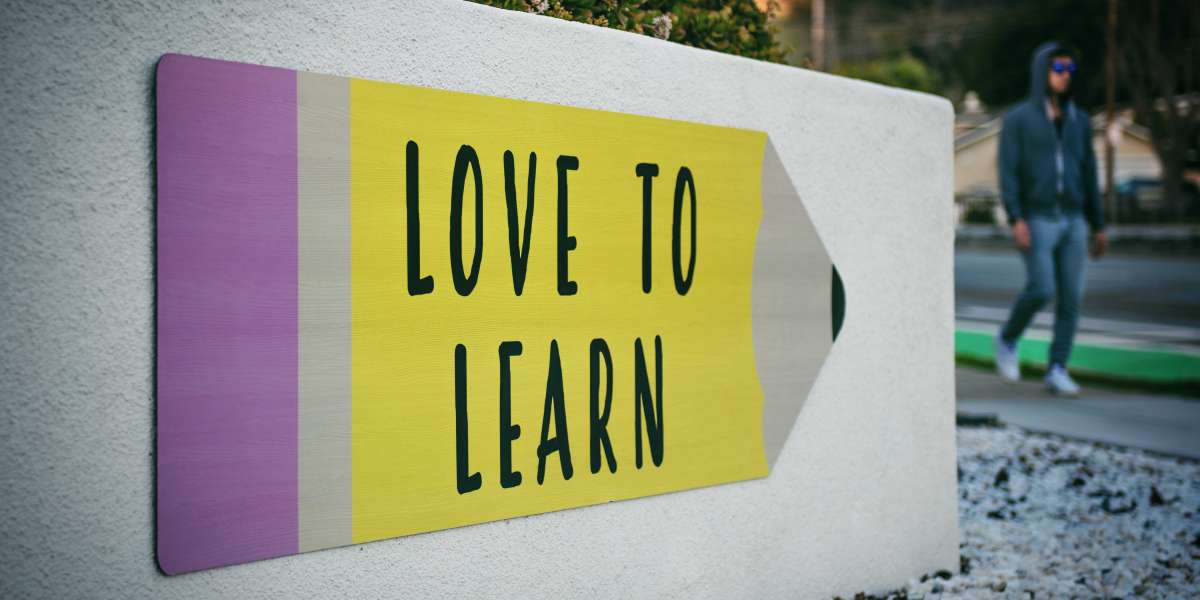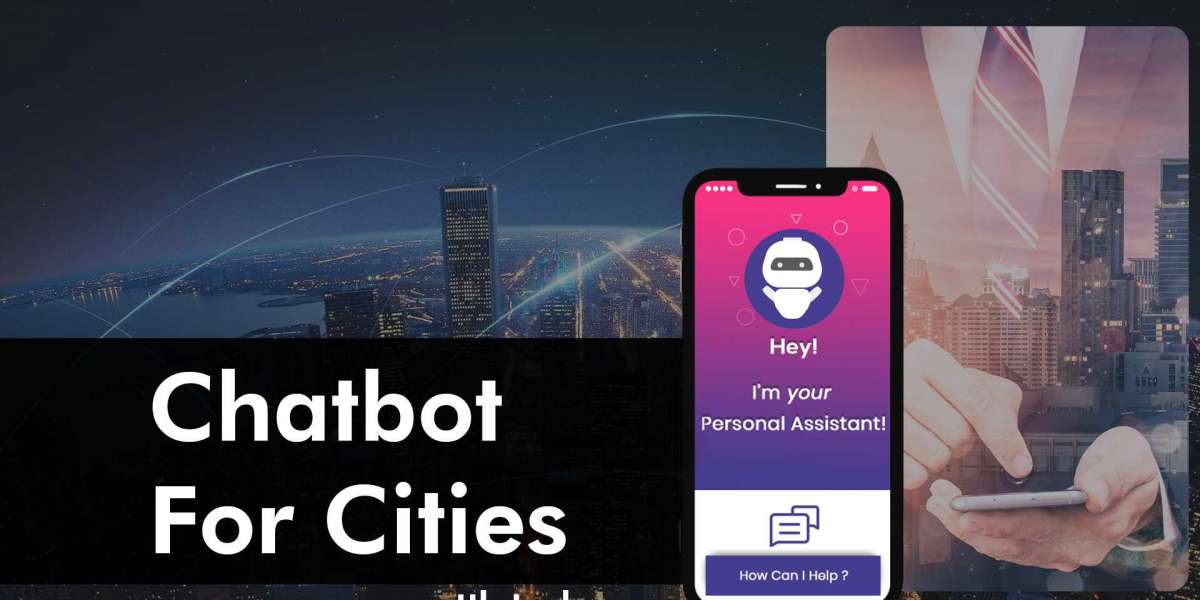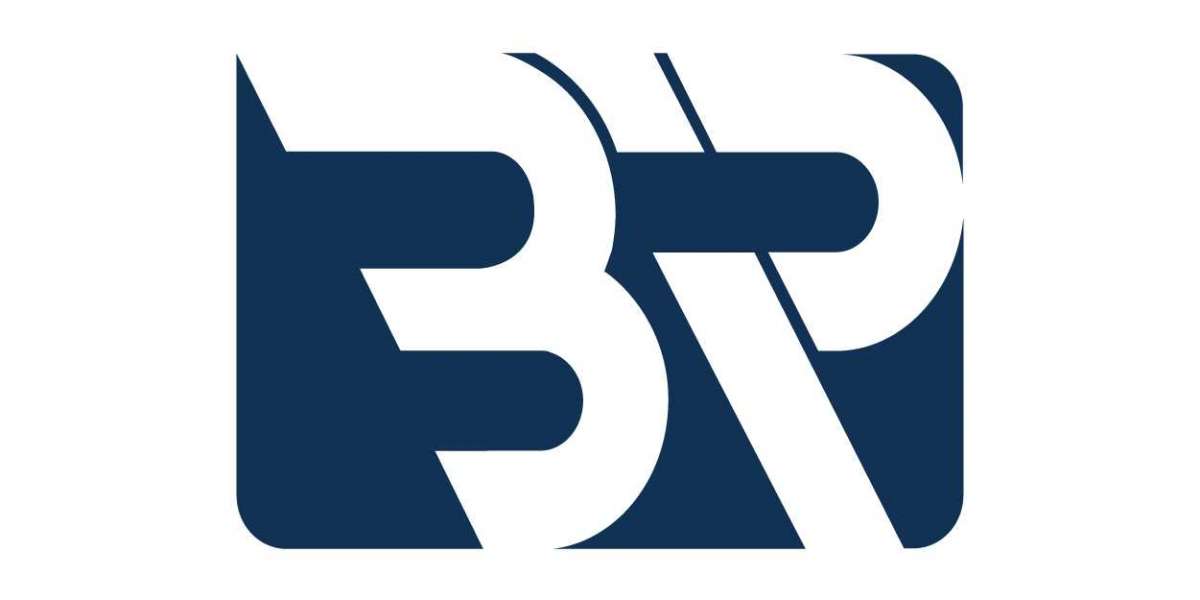One of the key elements of determining a nation as to developed or under developed is how many of their citizens are literate and illiterate. Most of the developed countries have progressed well in every sphere since education has been in built in the system of growth. In few countries, education is compulsory and, in some countries, education is free up to a certain age. In fact, education has become a way of life in today's world.
An educated parent brings in positive changes in his/her family, thus the children also get inspired to look up to their parents and make further changes and thus the whole nation gets benefitted by having educated citizens and can focus on further development of its economy, and other neglected areas of its growth.
Education can also bring in revenue by attracting other countries to send their children to get educated and thus education also serves as one of the revenue generating activities, just like how manufacturing and other services sectors bring in revenue due its export of goods and services.
Thus, an intelligent country will maximise its investment in the education sector. Countries who are backward or developing or underdeveloped can always look up to further their needs of education to those developed countries which are rich in its resources of education.
Most of the countries are unable to give good education to their citizens because of their poverty or below poverty conditions. They are unable to invest in good teaching methodology or the syllabus, thus producing mediocre teachers and the same is reflected on the children.
In India, too education policy is driven by the ruling party of the state for that moment. Once there is a change in the ruling party at the centre or at the state, many of the facts are added or deleted in the text books. The true knowledge that is required to make better citizens are not so important for the policy makers instead fulfilling their ulterior motive are prioritised.
India, is the in forefront of establishing early education system, in fact the first university in the world, Nalanda University is from India. The Indian language Sanskrit which is 3500 years old is the most suitable language to develop computer programming used for Artificial Intelligence.
Many of India’s contributions to the world have been done by our learned and experienced leaders in many fields, such as Ayurveda, Science, Mathematics etc. Every child should be given an opportunity to learn and in turn commit towards the nation building in his or her field or area of expertise. Today’s education system just thrusts the loads of knowledge compulsorily whether one is interested or not whether that is useful or not. Education should be fun and embraced by our children in their own field of interest thus one can see overall development of the nation. By making education compulsory and free for all, India will be one super-power with loads of knowledge in the near future thus can lead the world in every sphere.
Education should not only be process of help learning or acquire knowledge, or skill, value or discipline. The teaching is as important as acquiring knowledge, please note the saying if the student is not learnt, the teacher has not taught. There should be continuous improvement in teaching methodology, training the teachers to accept the new challenges. Many of our present are struggling to teach on-line due to the Covid-19 situation and are learning in the present age of they teaching the children, this itself is an classic example how un-prepared and how are education system is functioning.
No child should be deprived of education and no parent should be shedding tears for he or she could not educate their children be it for want of finance, or being illiterate, ignorance. Hence unmindful of the region, caste or creed, education should be made free and compulsory up to the age of 21. This not eases the opportunities that remains untapped in the present education system wherein talented poor find it difficult to balance life and education thus children of less income group are deprived of quality education only because they are poor. The nation has to take responsibility of creative equal and multiple opportunities so that each one can teach one and can help the country to become an knowledge super-power.
Presently educated Indians go to different countries seeking job opportunities and help grow their economy, instead reverse brain drain can be thought about the government by creating opportunities not only in other sectors but in education sector too.
In the present COVID context, India which boasts of software providers for many Information Technology companies can write and re-write history by developing education modules which can be affordable and used by the other developing countries and help reduce the digital divide.








